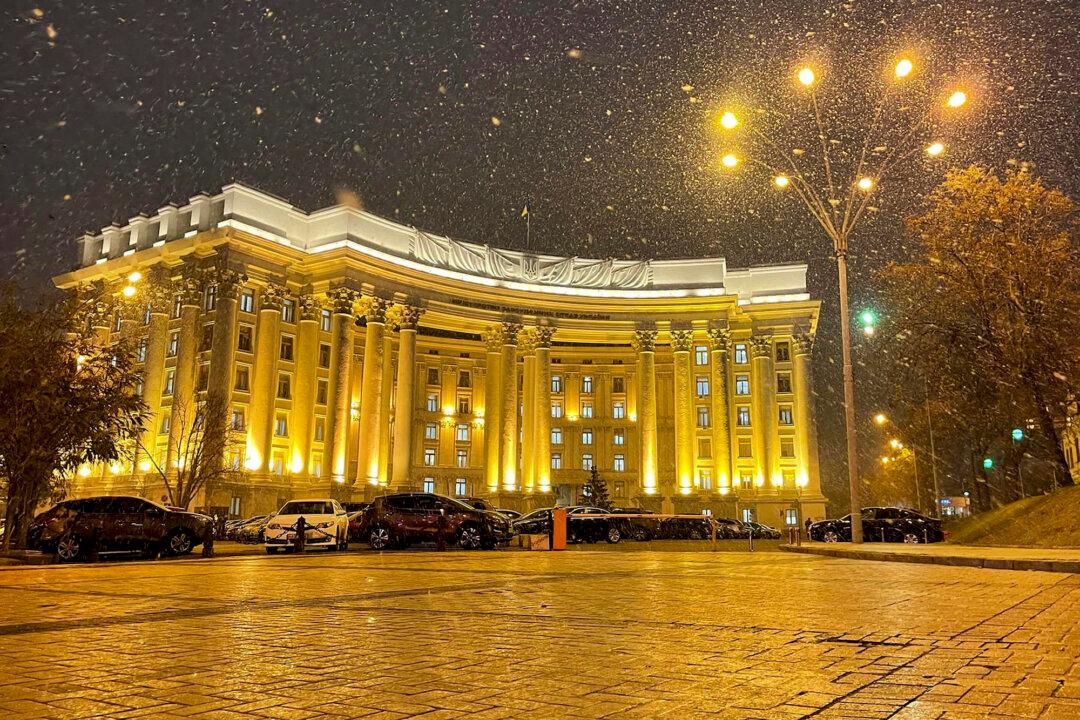KYIV, Ukraine—A cyberattack left a number of Ukrainian government websites temporarily unavailable Friday, officials said.
While it wasn’t immediately clear who was responsible, the disruption came amid heightened tensions with Russia and after talks between Moscow and the West failed to yield any significant progress this week.





